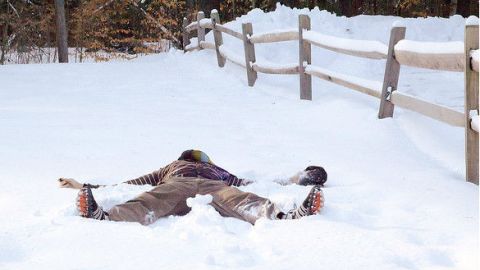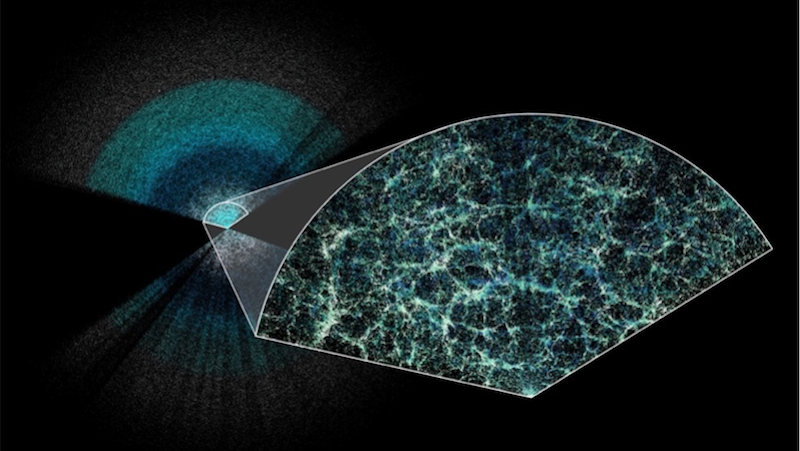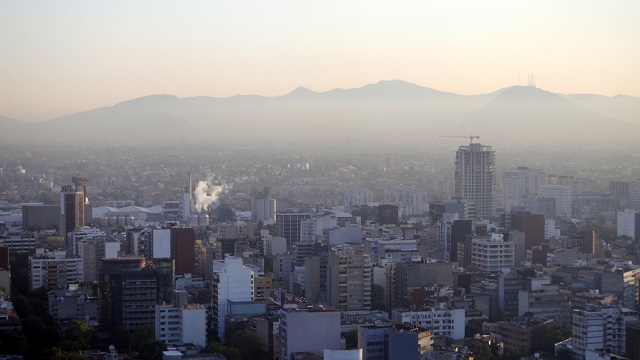The Importance of Being Hardy

This week my son’s school was canceled for the day, in the usual hyperventilating overreaction to weather. At first the school proposed to open two hours late, and I was proud of their courage. I should tell you that the snow was more like rain, all day, and easily navigated by non-super-sized cars. Giving people extra time would have been reasonable. Closing school wasn’t, since by 10:00, the roads were clear.
“Well, at least you guys can have a snowball fight at recess,” I told my son as I dropped him off the next day, with snow still on the grass.
“No we can’t,” he responded glumly. “They don’t let us. It’s too dangerous.”
I’m not surprised. His school keeps the children indoors for carpool dismissal if the temperature is slightly above freezing. In an elementary version of the red carpet, each child gets “announced”—called out of the building—when their ride arrives. At most, if they all waited outside, they’d be there 15 minutes.
I don’t think we’re raising a hardy generation. Being hardy is different from being active, or getting exercise. Being active means enduring discomfort that you’ve contrived for yourself and put yourself in to; being hardy means enduring discomfort that nature put you in to, that you can’t control, or stop.
Being hardy means going outdoors courageously—into a recalcitrant nature that refuses to maintain itself at an optimal, precipitation-free 70 degrees—even without a huge plastic bottle of water and a Ziploc bag of Goldfish crackers.
A child might reasonably deduce from the careful calibration of their physical comfort that protection from discomfort is of paramount importance; otherwise, why would adults spend so much time making sure that they never go bored, cold, wet, momentarily hungry, tired, sweaty, or overheated, and generally insulating them from the natural vicissitudes of bodily comfort.
Children might also reasonably assume that nature left to its own devices is a force apart from us, and potentially malevolent, unless we take measures to barricade ourselves from it.
Where’s the next Shackleton, who has a sense of endurance and the hardy life, which comes down to bravery in the face of physical discomfort? Certainly, we’re producing the next Shackleton of the virtual wilds. We’ve got children indefatigably transfixed by things moving on the computer screen (my son does this, too). They can explore for hours online, hunting hidden treasure and evading monsters. In these expeditions they go without food or human contact for long stretches of time. It’s hardiness of a kind, but not the kind that concerns me.
Two elementary school boys live on my street. Their mother, almost a self-parody of over-protective parenting, appears to be dedicated to raising extraordinarily non-hardy children. One day, my son and I spotted them walking up the street in mid-summer. They were wearing sun-protective, long-sleeved clothing, UV protective sunglasses, hiking boots and huge floppy hats encircled by mosquito or bug netting. They carried large water bottles. Incidentally, do you remember when we only drank water with meals, out of glasses, while sitting at a table?
The boys were being escorted, naturally, by their wary mother, who has taken to mouthing sanctimoniously, “SLOOOOOWWWWW DOWWWN” to every car that drives past her house, even when they’re going the prescribed 20 miles an hour, and her children are past the stage when they should be running into the street. Undoubtedly, on this expedition, the boys were wearing layers of sunscreen and tic repellent.
Were they going spelunking? Even just into the forest, such as we have them? No. They were going to the carefully-manicured, green playing field of a very posh private school, one-half a blockaway, on a mild July day, to visit a fundraising carnival.
My father came from a farming background. Unlike most of us he didn’t grow up estranged from nature, but enmeshed, or mired, in it, as the case may be. He objects when local weather forecasts demonize rain, because it might dampen the audience’s leisure plans or moods. Rain is critical for farms and crops, he’ll retort. It isn’t bad news to have rain.
Not to sound like an urban, nostalgically-deluded version of my father’s tales of walking miles across the frozen Canadian prairie to get to school, but I recall waiting out in the snow and rain to take two public buses to get to school. By today’s standards, I was roughing it. While cold, and waiting, I developed some familiarity with the elements, and some intuition for them. You learn tricks for making yourself feel less cold. I frittered my time observing icicle patterns or the winter vegetation, or the trajectories of slush when a tire drives too close and sprays you with it. I learned that I could tough out the physical discomfort of the vigil of waiting for the bus.
When you get warm, and get to school, you learn the satisfaction physical comfort after its minor but noticeable deprivation. Heat feels more heat-ish; dry feels more dry-ish.
The estrangement from nature extends dangerously into our relationships to our own bodies. I heard an interview some years ago by a doctor who’d written a book about pain, but I can’t remember his name. He argued that it’s natural and normal for a healthy human to experience some pains in the course of a day, week, or year. They might have minor back or neck pain, or headaches. None of this is abnormal or in need of treatment, provided that it’s not debilitating or severe. But we treat it medically, anyway. Untrained in hardiness, even slight aches and pains violate the expectation of seamless comfort in body, climate, and nature.
Theodore Roosevelt–Now, there was a man who knew about being hardy. He was shot in the breast while giving a speech—with a gun, that is—by a would-be assassin. He bore the gun no ill will, and insisted on finishing his speech. He told the audience nonchalantly, you may not realize that I’ve been shot, but it takes more than that to kill a bull-moose.





